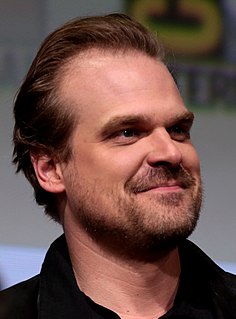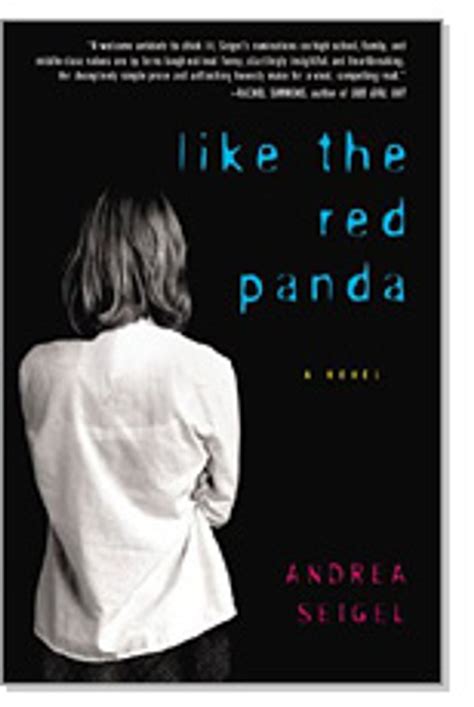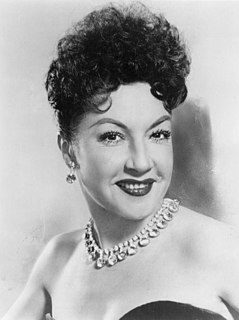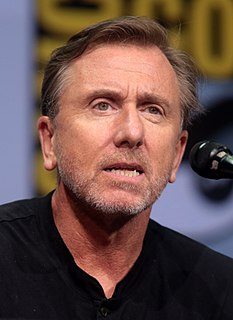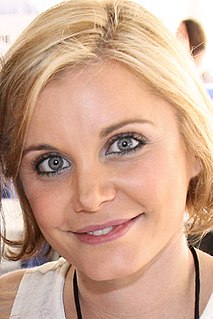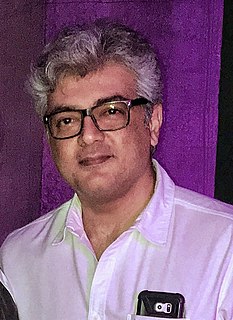A Quote by David Harbour
I was very resistant to my intellectualism for a while. I do start with an intellectual idea for a character. A lot of the times, it'll be the opposite of what I feel like is on the page, or it'll be just an idea that I read in a psychology textbook or in a philosophy book. I'll apply something to it that I can start to tinker with.
Related Quotes
I like the idea of standalone novels. I always found with series of books, it's something that publishers love obviously because they can make a lot of money and they build an audience from book to book, but I don't like that as a writer. I prefer the idea of just telling a story, completing it within your book, and moving on and not forcing a child to read eight of them.
The power of reading a great book is that you start thinking like the author. For those magical moments while you are immersed in the forests of Arden, you are William Shakespeare; while you are shipwrecked on Treasure Island, you are Robert Louis Stevenson; while you are communing with nature at Walden, you are Henry David Thoreau. You start to think like they think, feel like they feel, and use imagination as they would. Their references become your own, and you carry these with you long after you've turned the last page.
Sometimes I'll be fifty, sixty pages into something and I'll still be calling a character "X." I don't have a very clear idea of who the characters are until they start talking. Then I start to love them. By the time I finish the book, I love them so much that I want to stay with them. I don't want to leave them ever.
You're always choosing the start point and the end point. And almost by definition, the most interesting period is where something happens, as a result of which something is different at the end. And so to me, the idea that you know everything about a character at the beginning is sort of ridiculous. Something has to be revealed. I like it when the deeper you go with the character, the more you see the layers start to peel away. It's more challenging to me, but it's also just interesting. Those are the things I like to watch. I like to watch the evolutions of something.
The only things I read are gossip columns. If I read three pages of a book, I'm out like a light. When I pick up the book again, I've forgotten what I've read and have to start over again. By page three, even if I've just awakened from a nine -hour nap, I fall asleep again. So if anyone gives me a book, it had better have lots of pictures.
When something arrives, you have no idea what's in it, which is good. And then, it's is the story leaps off the page at you and how your character functions within it. There could be just one scene and if it's wonderful, it doesn't matter how much you're working on it because you just want to be in it. It's really about what your character's day to day world looks like, and if you feel like that's something that's complete, and that you'd like to inhabit for awhile. You'll know by a couple of scenes in. If the character grabs you, you run with it.
That's the thing: once it's in their hands, it's not my book anymore, it's theirs. I have no idea what happens when they start to digest it. So when someone writes me to explain how they read it, what it was like, what they enjoyed, there's a thrill. Writers who don't make their email addresses public are missing out on something wonderful.
In elaborating how "philosophy by showing" works, and in defending the idea that literature and music can contribute to philosophical "showing", I am also doing something more standardly philosophical. But I view most of the book as an interweaving of philosophy and literary criticism. If that entails a broadening of a standard idea of philosophy, it's a broadening I'd like to see happen.
I don't need to feel 100% safe, but I have to feel like there's room for me to go a little bit insane if I'm going to have good ideas. Because a good idea is a new idea and if you start going around like, "I have this new idea!" most people are gonna be like, "I've never heard that before, that sounds fishy."
I would not say I was not interested in studies - it just wasn't there in me to pursue academics. I would open a page in the textbook and start thinking about everything under the sun except what was there in the book. I was more into extra-curricular activities and sports like NCC, rifle shooting, aero-modelling, bike racing, etc.
